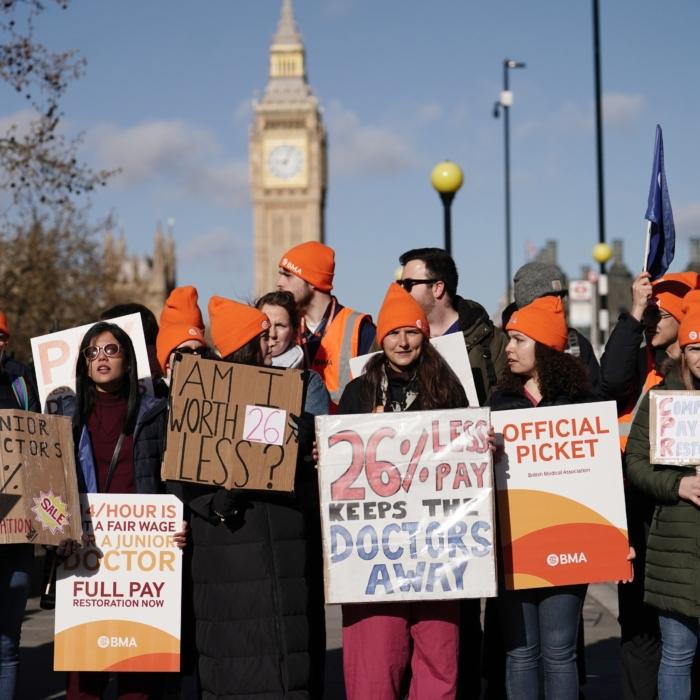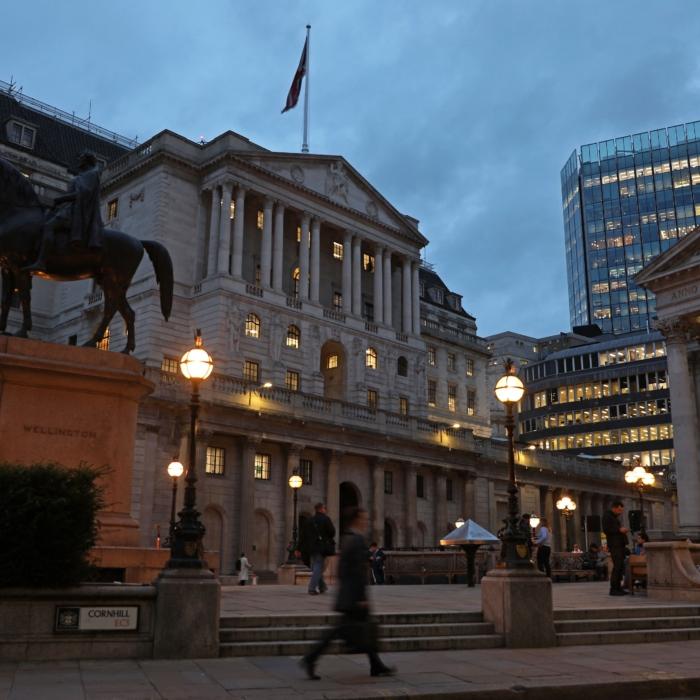Chancellor Jeremy Hunt has vowed to raise billions for the UK’s public services by investing in HMRC’s capacity to collect tax debt.
Delivering the Spring Budget on Wednesday, Mr. Hunt said the Treasury set out plans to polish its debt recovery process in the next five years.
The announcement comes amid the cost-of-living crisis in the UK, with a sharp public focus on government policies on increasing funding for public services.
This, alongside high inflation, mortgage rates and the tax devoted to servicing the national has affected the economic well-being of British households across the country.
The committee had reported an “eye-watering” £42 billion in tax revenue owed to the HMRC in 2021-2022.
HMRC Performance
In the Autumn Statement, Mr. Hunt set out funding for 700 additional debt officers, both in-house and from external collection agencies.The year of 2022-2023 was marked by a £82.9 billion increase in HMRC tax revenues from the previous year.
Revenue generated from tax compliance activities–including checks of tax returns, disputes and non-payment–was at £34 billion, a ten percent increase on the previous year.
According to the PAC, HMRC failed meet the £36 billion target for compliance yield, or the additional revenue that would otherwise have been lost were it not for the agency’s intervention.
Customer Service
The PAC Chair, Dame Meg Hillier, has in the past cautioned about the financial damage to the public sector caused by HMRC’s poor compliance services.She has also raised the issue of HMRC’s declining customer service performance, crucial in maximising collected tax revenues.
Growing taxpayer population and the complexity of people’s tax affairs have impacted HMRC’s ability to cope, MPs said.
“Almost eight years have passed since our Committee challenged HMRC over its telephone lines’ holding message being one of the most streamed pieces of music in the country. Our latest report into its performance sadly illustrates a continued tale of decline in its services,” said Dame Meg.
In other comments, the committee noted a reduction in criminal prosecutions by HMRC and expressed concerns over the agency’s handling the “distress” to people, when companies use the wrong address to register their business.
In turn, HMRC has acknowledged the widespread issue with bogus registrations from companies seeking to defraud the agency.







